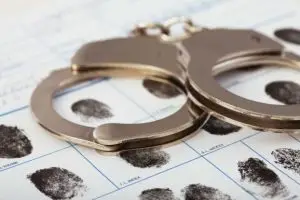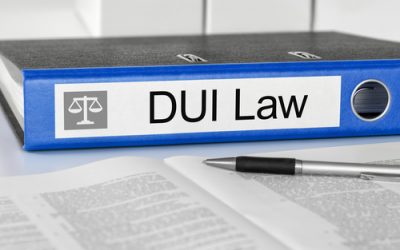
Lawyers can file a motion to suppress if you are accused of a criminal act in Los Angeles. For example, let us say that you are accused of driving under the influence (DUI). A police officer makes you take a blood alcohol content (BAC) test. A lawyer can file a motion to suppress the results of this test.
Sometimes, the judge responds to this request with an order denying a motion to suppress. What does an order denying a motion to suppress mean? Generally, it means that the court will not approve the motion. This means that the evidence can be used in a criminal case. Learn more right here.
Learn About a Motion to Suppress in California
The prosecution often uses different kinds of evidence to build a criminal case in California. However, a defense lawyer can take steps to prevent them from using some forms of evidence. A lawyer can attempt to block evidence with a motion to suppress.
Penal Code (PEN) §1538.5 allows lawyers to file a motion to suppress. This motion is also called a 1538.5 motion in some cases. Basically, this motion asserts that evidence was obtained in an unlawful way. Evidence obtained unlawfully cannot be used against someone in court.
A lawyer can file a 1538.5 motion before an individual’s criminal trial begins. This motion can get filed during a suppression hearing or at a standard preliminary hearing. This means that a lawyer should know if the evidence is blocked before a criminal trial ever begins.
Reasons to Suppress Evidence in California
A judge has to decide whether or not to suppress evidence after a 1538.5 motion. There are legal reasons to block evidence. Often, evidence is blocked if police officers obtained it without a warrant. However, in some cases, evidence is blocked even if the officer had a warrant. This occurs if:
- The police officer didn’t have probable cause to get a warrant.
- The search violated an individual’s Constitutional rights.
- The warrant was not formatted correctly.
A lawyer can review the facts about a criminal case before filing a motion to suppress. A lawyer can then work to block evidence. Blocking evidence can end up weakening the prosecution’s case here in Los Angeles.
For example, let’s say that the prosecution filed DUI charges against you. However, their case was built on the results of a BAC test that was performed illegally. A Los Angeles defense lawyer could work to have the test results suppressed. This could make it much harder to secure a conviction.
Find out more about a motion to suppress in Los Angeles by calling (310) 896-2724. Members of our team are standing by to answer your questions right now.
Outcomes of a Motion to Suppress Evidence
As we mentioned, a judge can accept a motion to suppress evidence. In this situation, the evidence would not be used against you in court. However, judges do not always agree with this motion. They can also file an order denying a motion to suppress.
Denying the motion to suppress means that the prosecution can continue to use the evidence. Note that the judge can also partially approve a motion to suppress. This means that the judge decides to block some of the evidence, but not all of it.
You should also know that a motion to suppress does not block evidence in all legal proceedings. Instead, a 1538.5 order only blocks evidence in your criminal case. It could still apply if you are facing a deportation hearing, for example.
Handle Your Motion to Suppress with a Lawyer
A lawyer can take charge if you are interested in blocking evidence in a DUI case here in Los Angeles. Members of our team can continue building your defense if a lawyer denies your motion to suppress. We can, for example, work to get a sample of your blood for independent testing.
We’ll also focus on resolving your charges out of court. In some cases, we can get your charges reduced with a plea bargain. Allow us to handle all of your legal hurdles if you face DUI charges in Los Angeles.
Find Out What an Order Denying a Motion to Suppress Means
What does an order denying a motion to suppress mean in California? Generally, it means that the court will not block evidence in a criminal case. A Los Angeles DUI lawyer can step in if you are interested in blocking evidence. Find out more by calling us at (310) 896-2724. You can also fill out our online contact form.
Get in contact with a member of our team for a free consultation.






